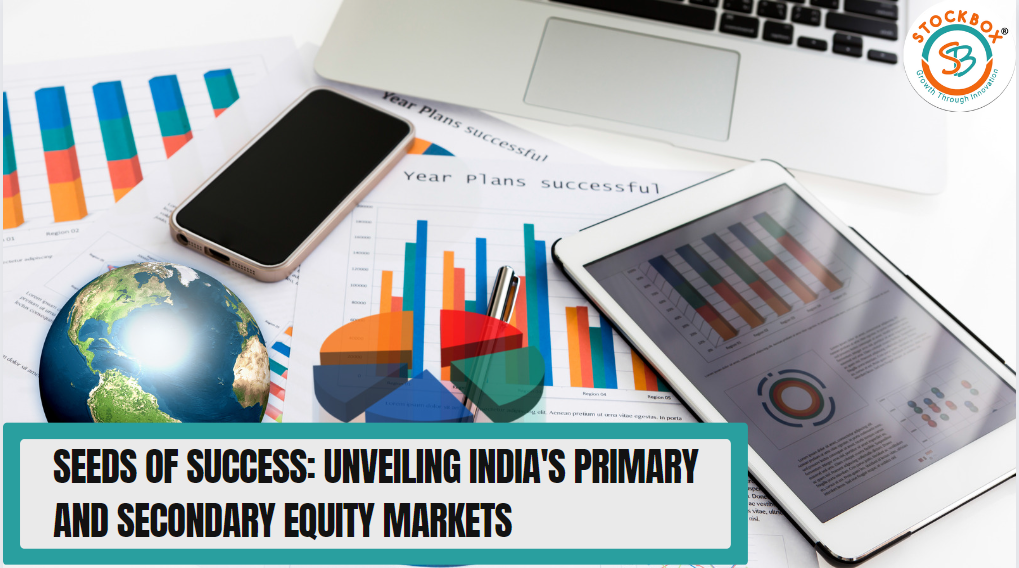It’s important to grasp the differences between the primary and secondary equity markets while investing in the stock market. These marketplaces perform a crucial part in the Indian equity ecosystem, providing both people and organizations with a variety of investment choices. In this article, we’ll explore the key differences between these equity markets, highlighting their distinctive characteristics and benefits for participants.
Primary market: Empowering new startups
The primary market, or IPO market, serves as a launching pad for businesses offering shares to the public for the first time. Market participants may turn into co-owners and participate in the company’s future possibilities. The proceeding from the transaction directly goes to the companies and hence this market is essential for promoting creativity, entrepreneurial spirit, and giving young enterprises an opportunity to realize their full potential.
Advantages of primary market
Businesses may acquire revenue for growth, R&D, repayment of loans, as well as other crucial operations by issuing shares on the primary market.
Primary markets give a chance to engage in businesses during their initial phases, with a possibility to earn large benefits if the firm succeeds in future.
Based on shareholders interest, the primary markets determine the initial share price discovery, laying the groundwork for later secondary market trade.
Secondary market also known as stock market provides a platform for trading of shares which have previously been issued by the companies. It gives traders an arena for trading in equities, boosting liquidity and enabling traders to withdraw or get into positions as required.
Advantages of secondary market
The secondary market allows market participants to trade shares at the moment’s values, allowing for flexible portfolio management and the speedy conversion of capital into cash.
It also gives market participants an access to an extensive array of equities, allowing them to widen up their portfolios and distribute risk across many industries and businesses.
Along with the above advantages, the SEBI oversees stock market, assuring openness, ethical business practices, and safeguarding investors.
In the country’s investing environment, both the primary and secondary equities markets are extremely crucial. The primary market acts as an incubator for emerging businesses, giving entrepreneurs the possibility to get involved in them during their formative phases. Whereas, the secondary market, offers liquidity, adaptability, and a broad spectrum of investment possibilities to meet the demands of various market participants types.

